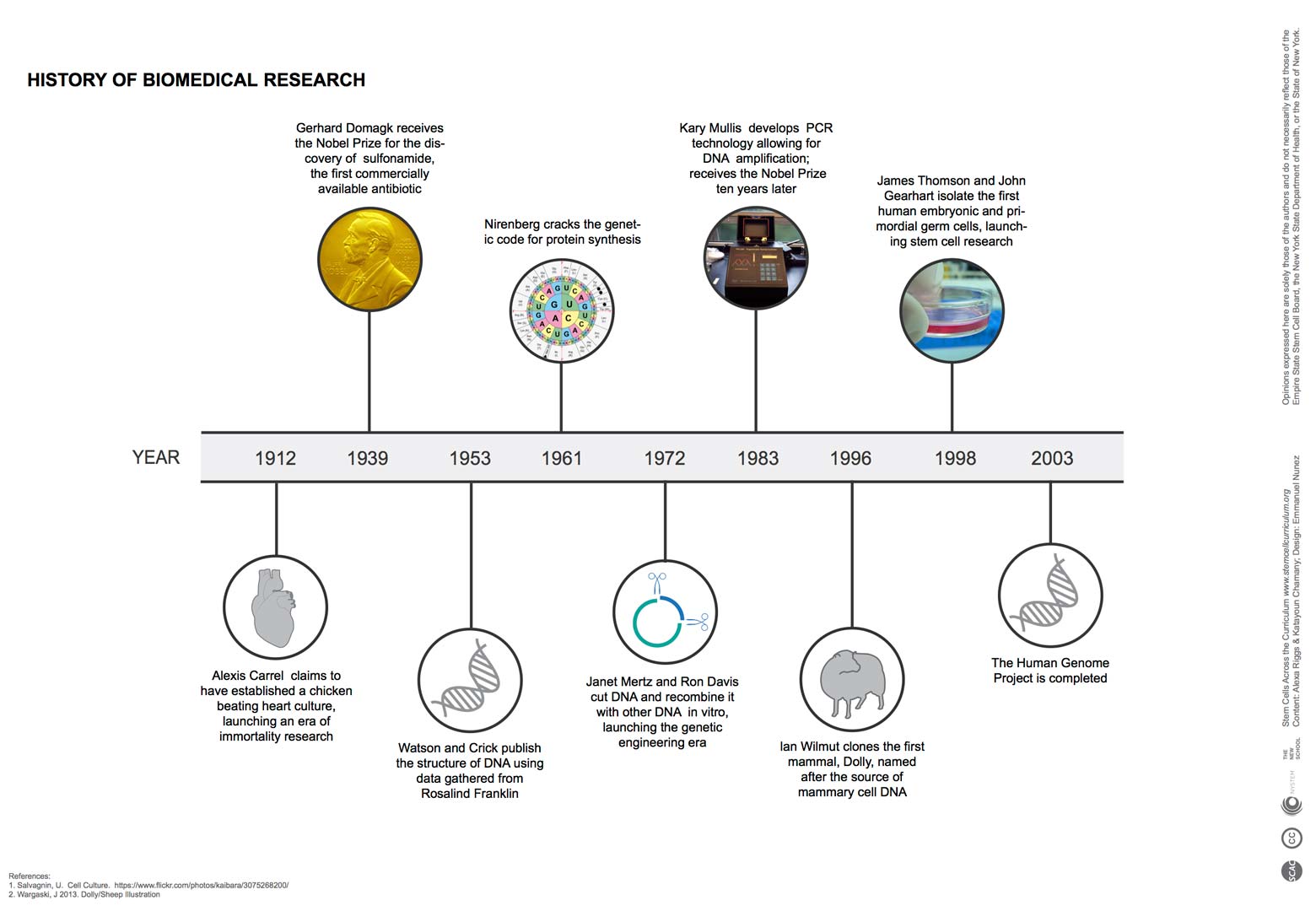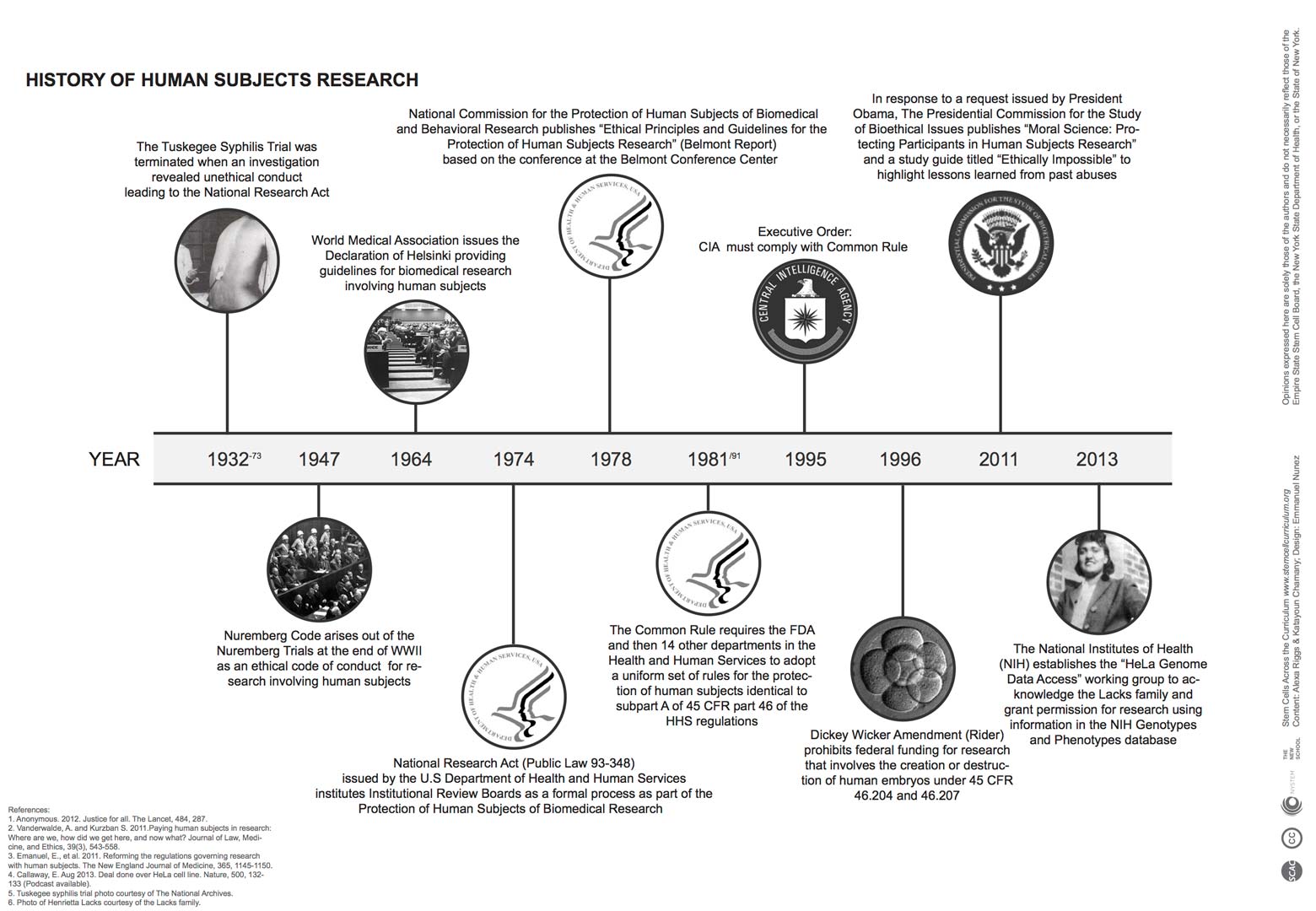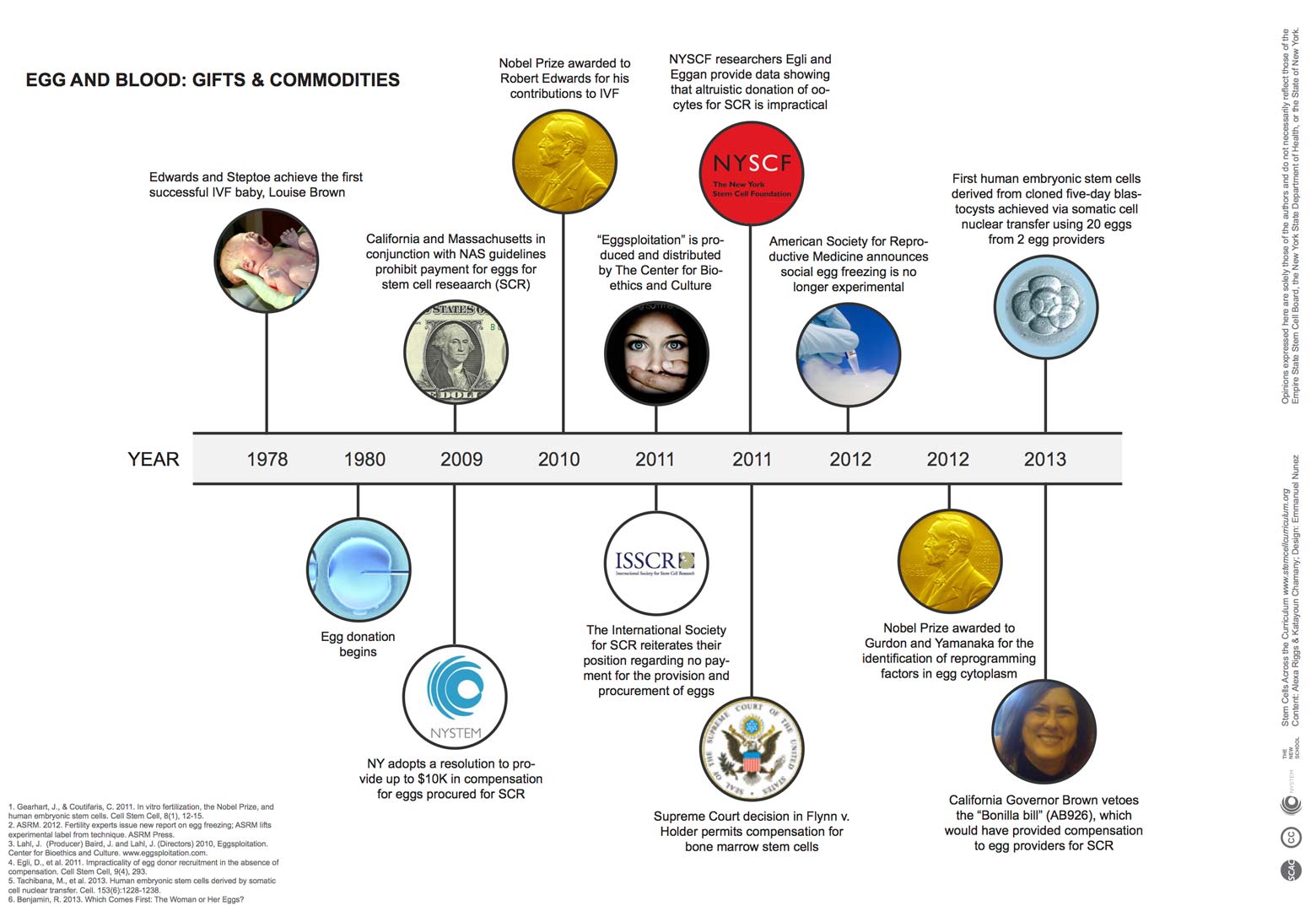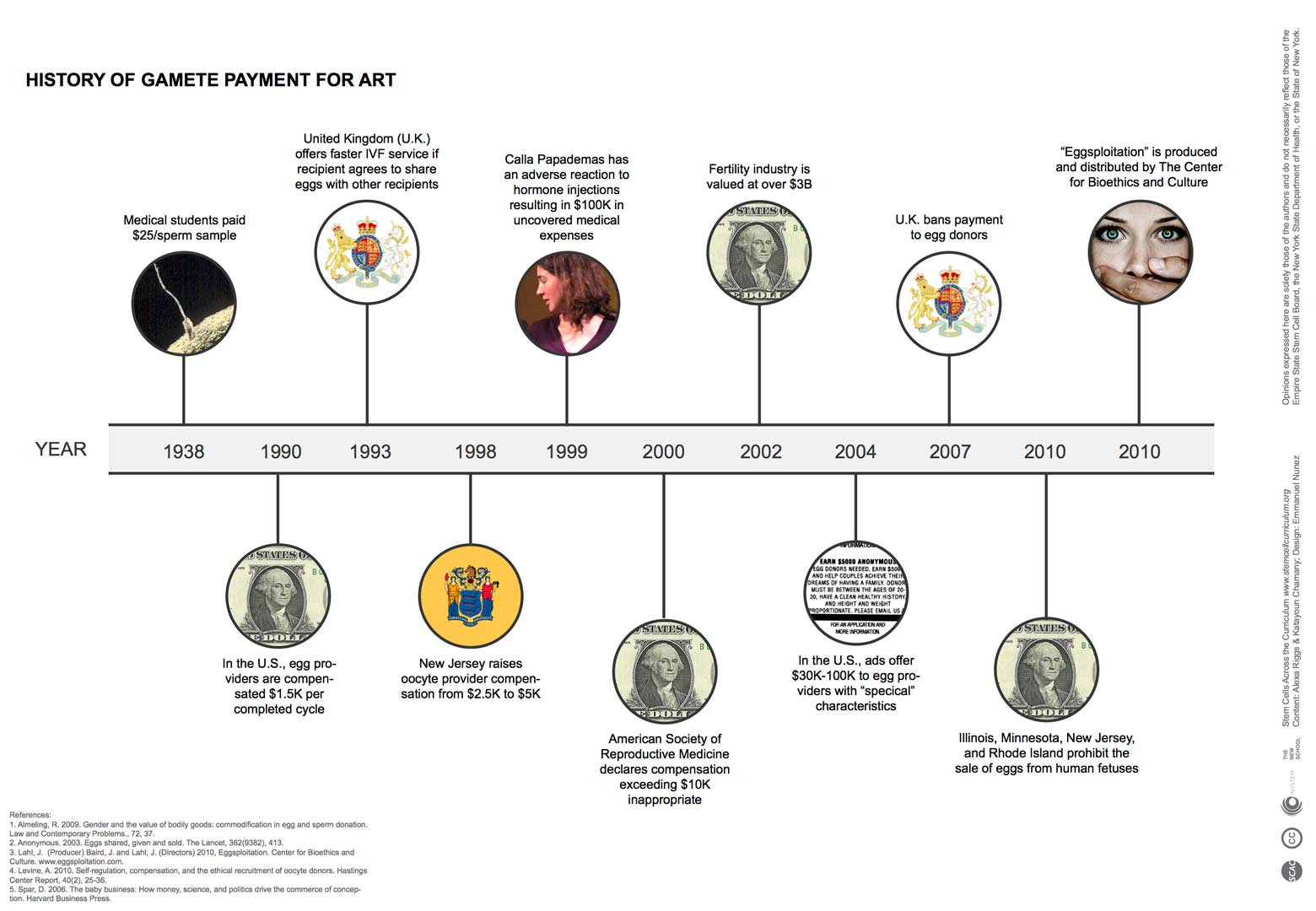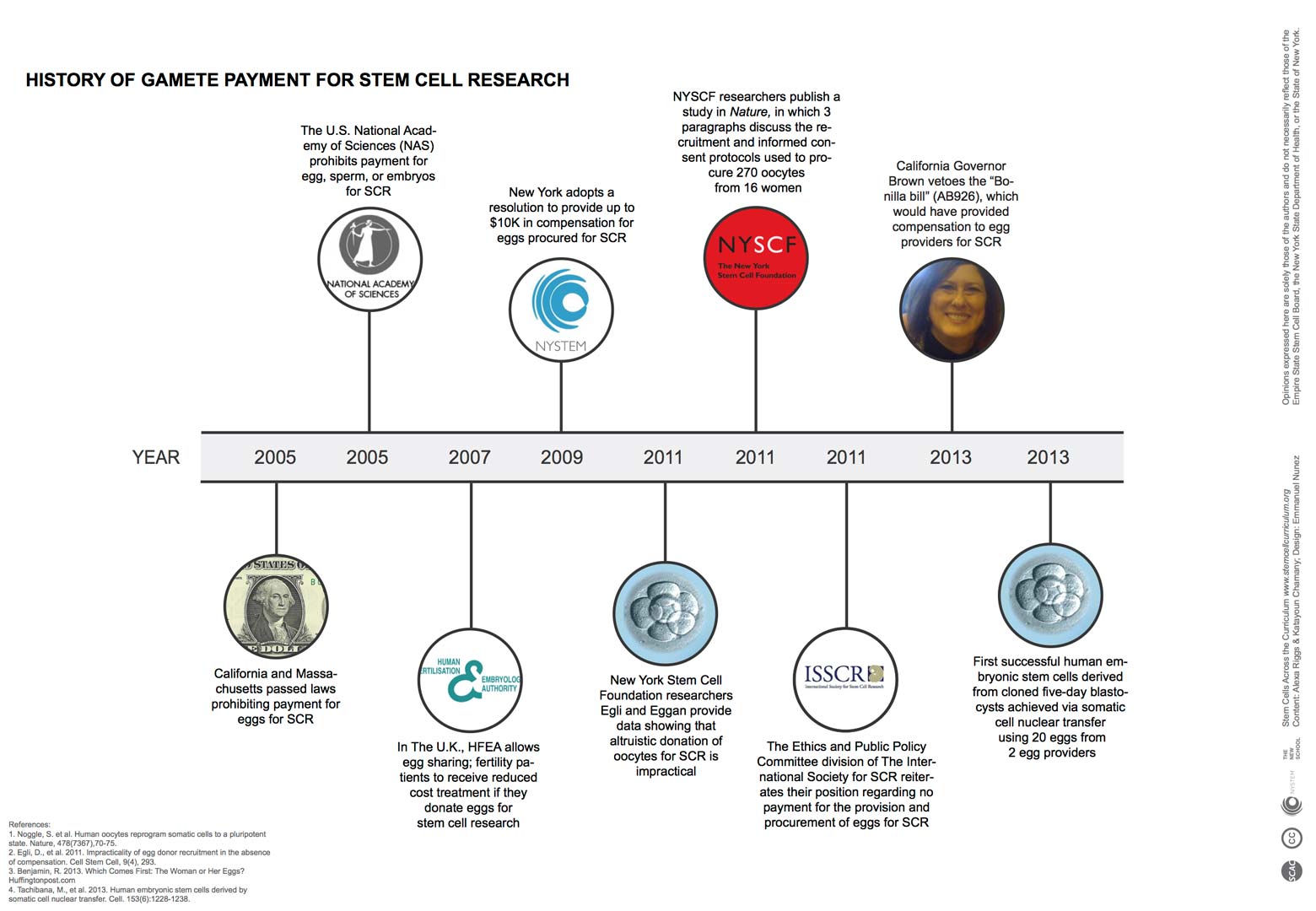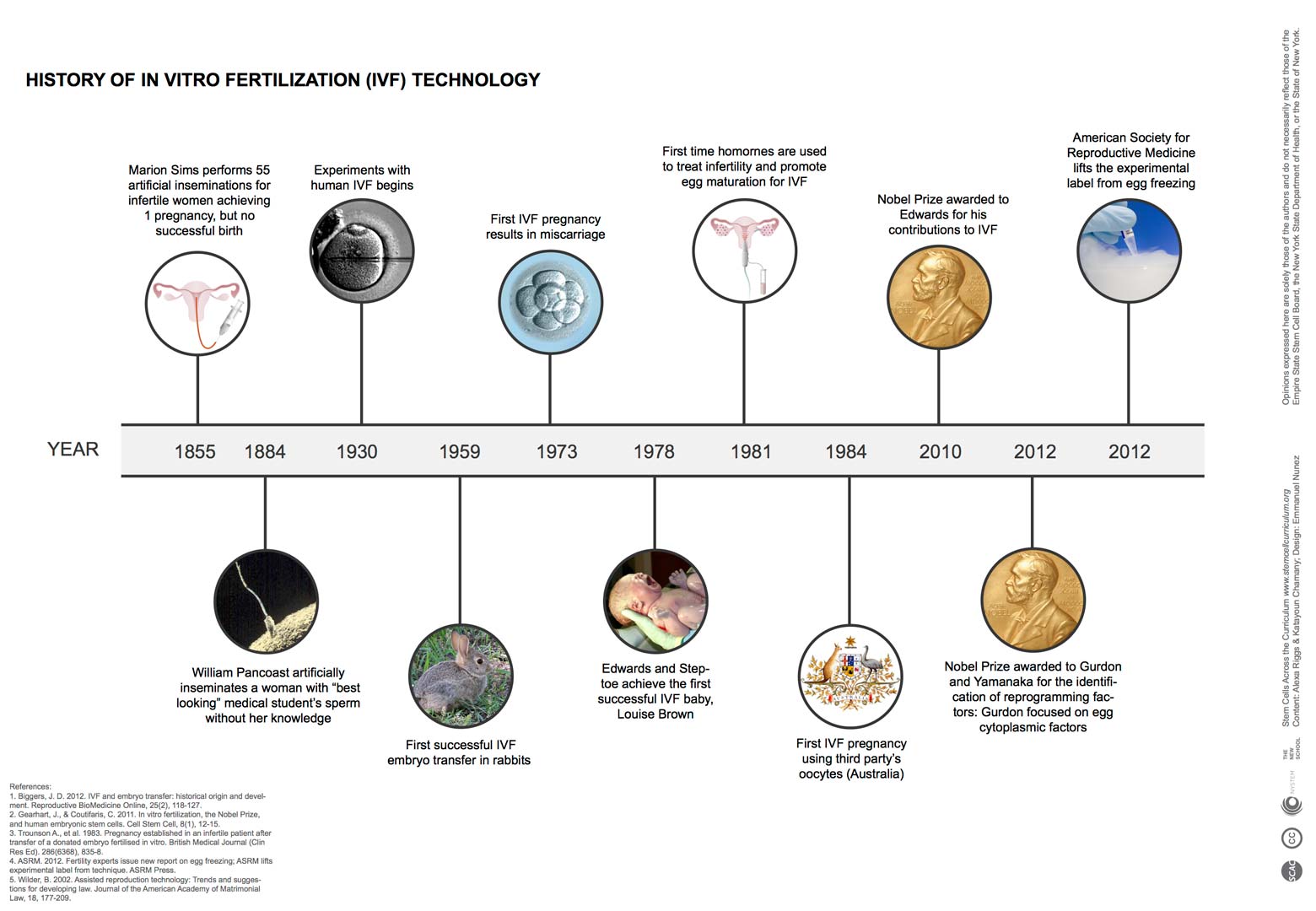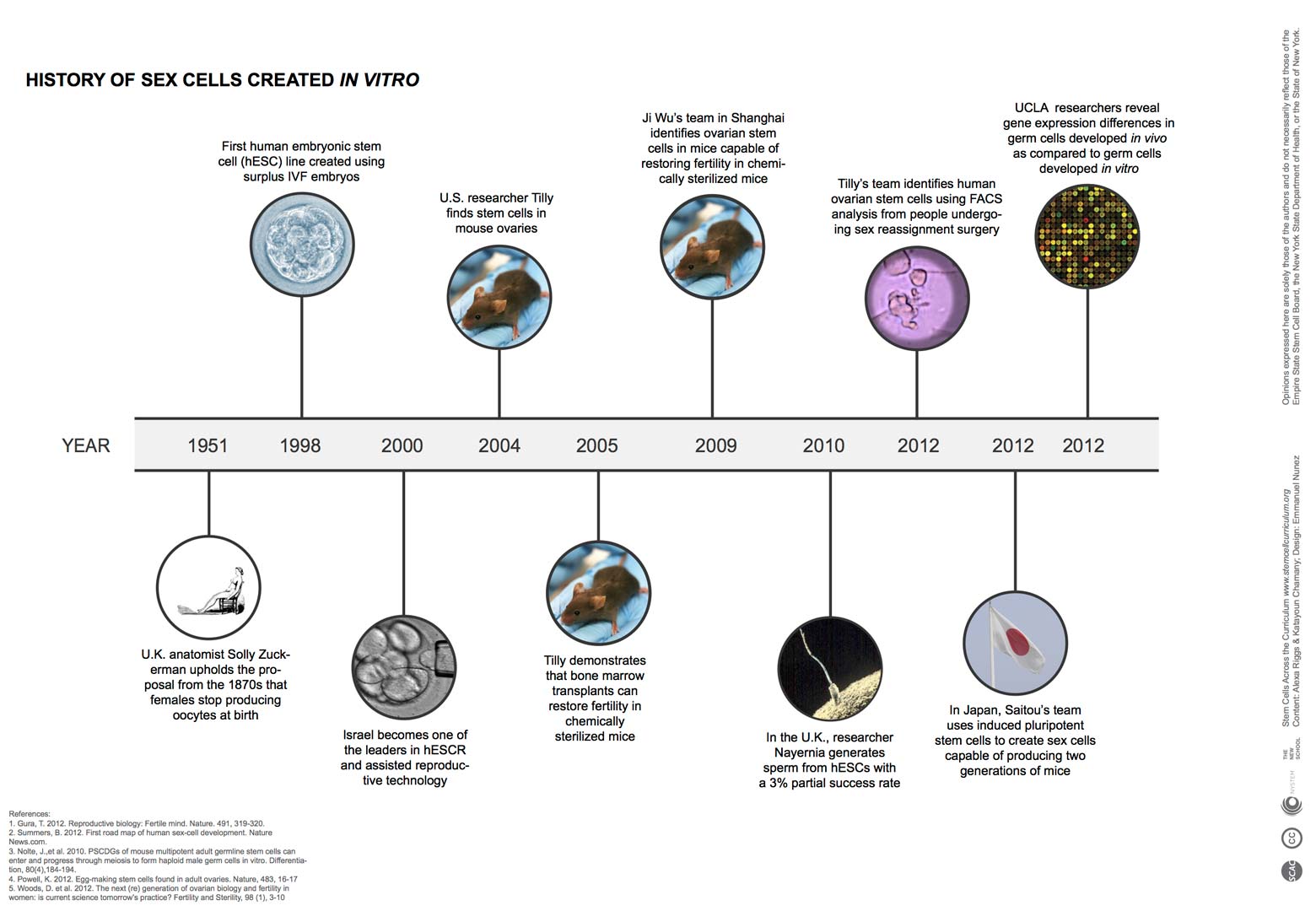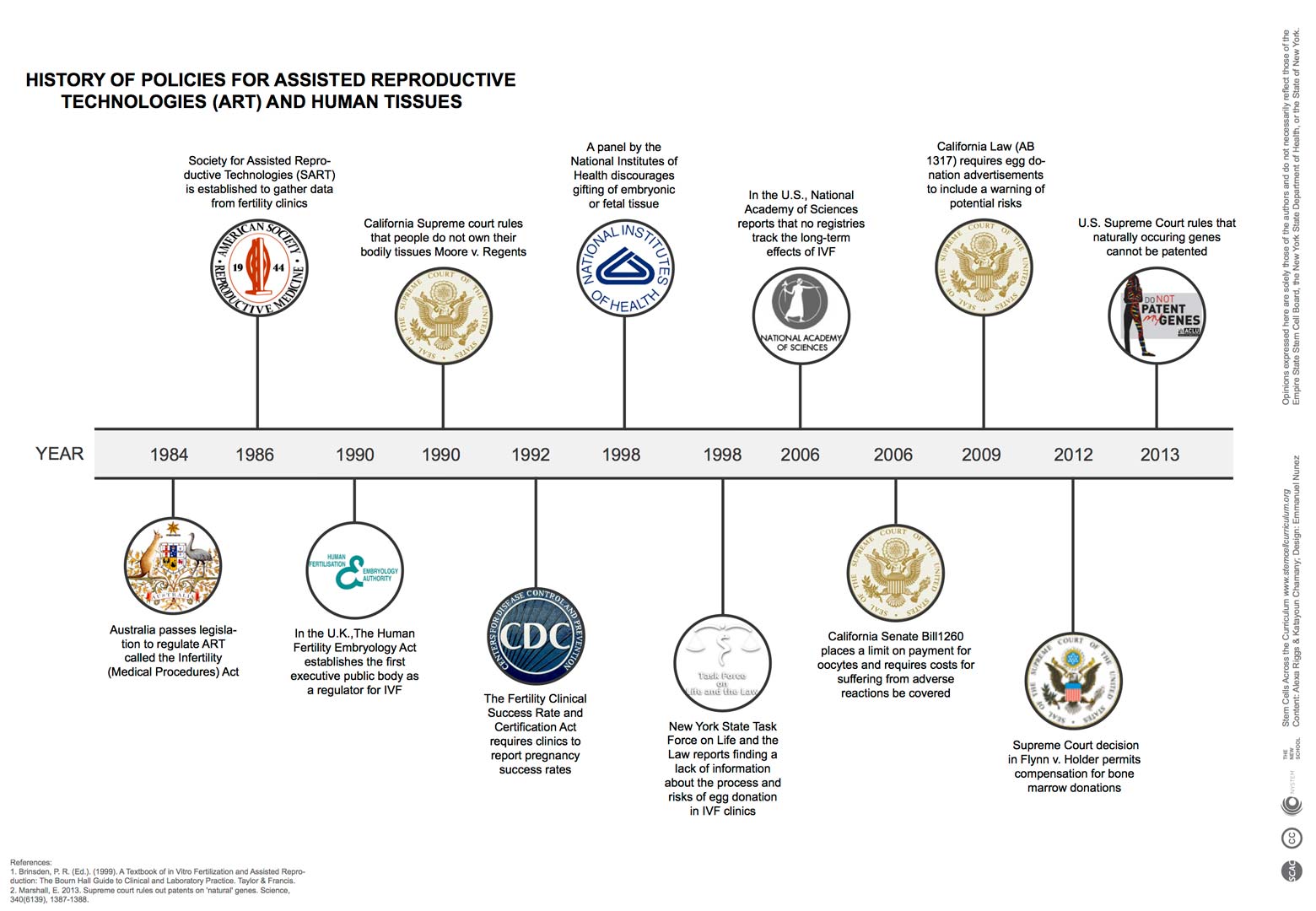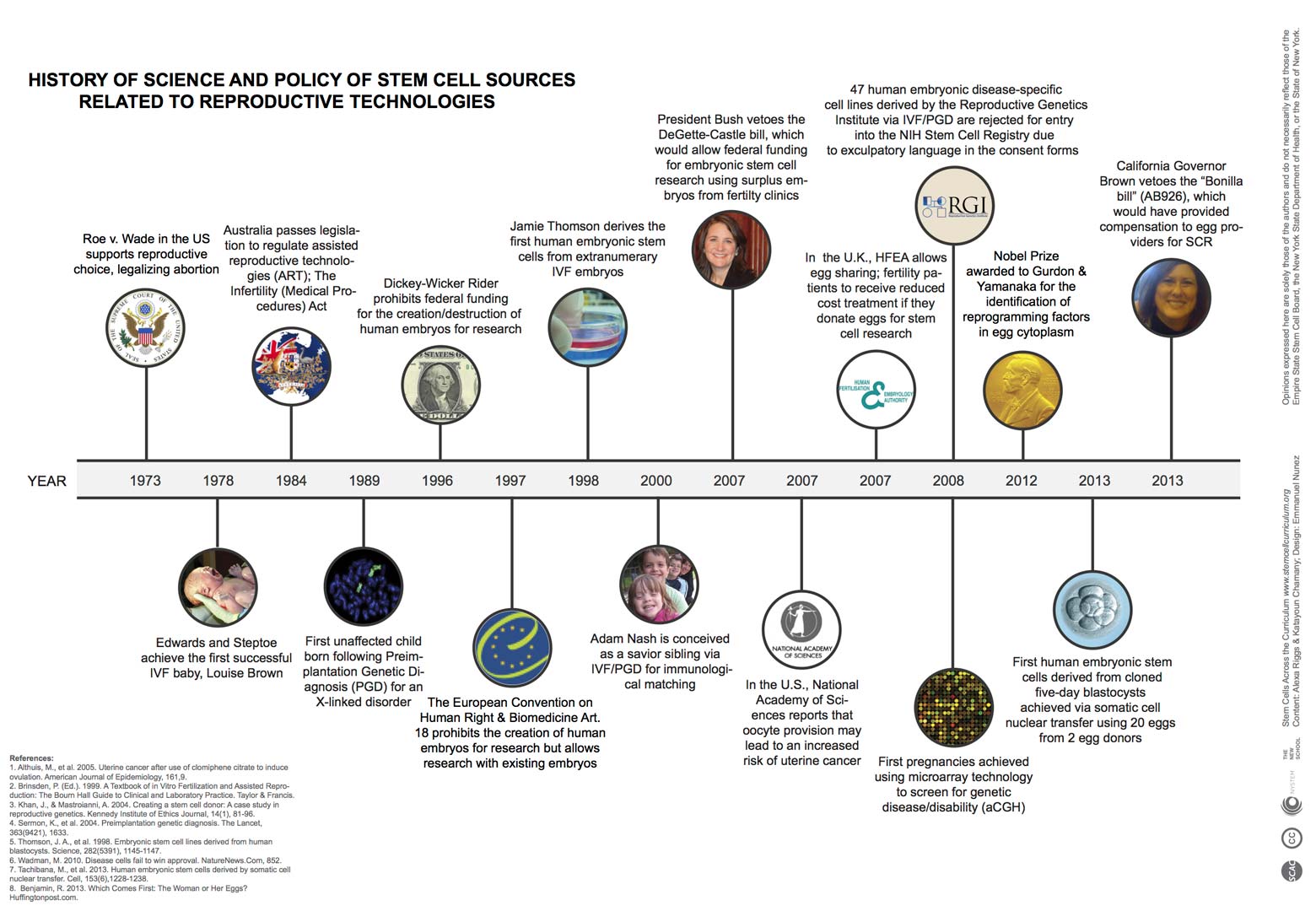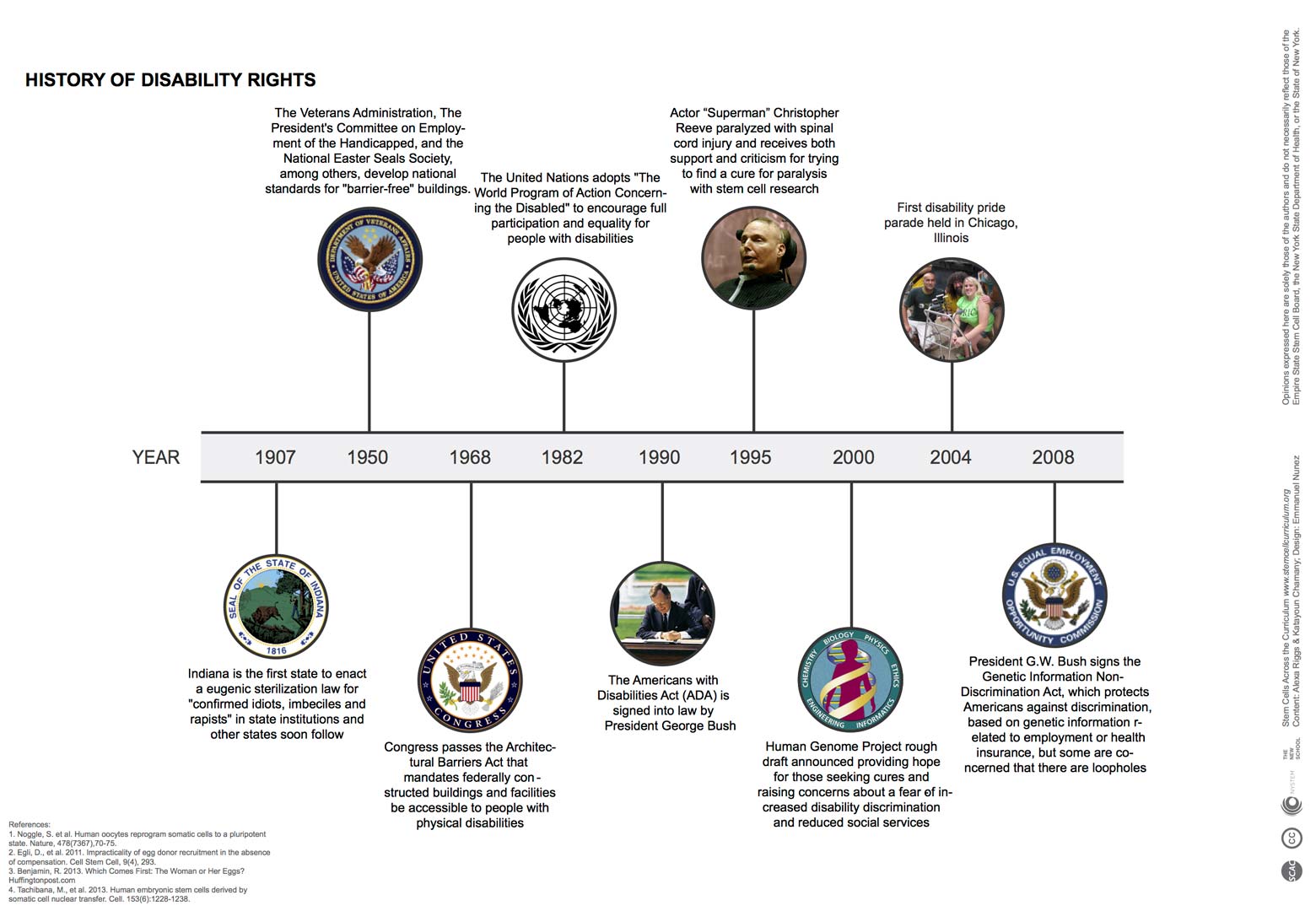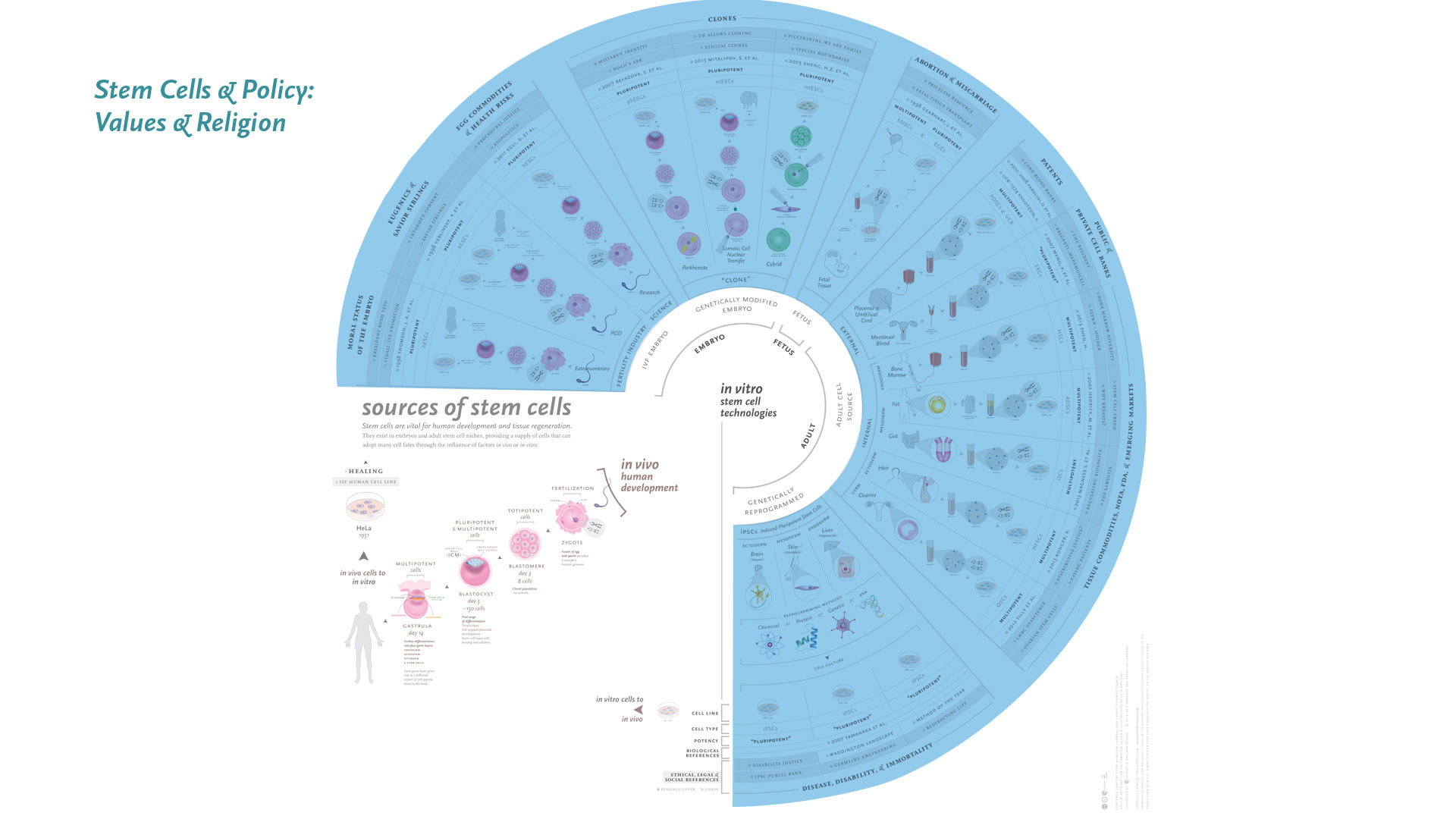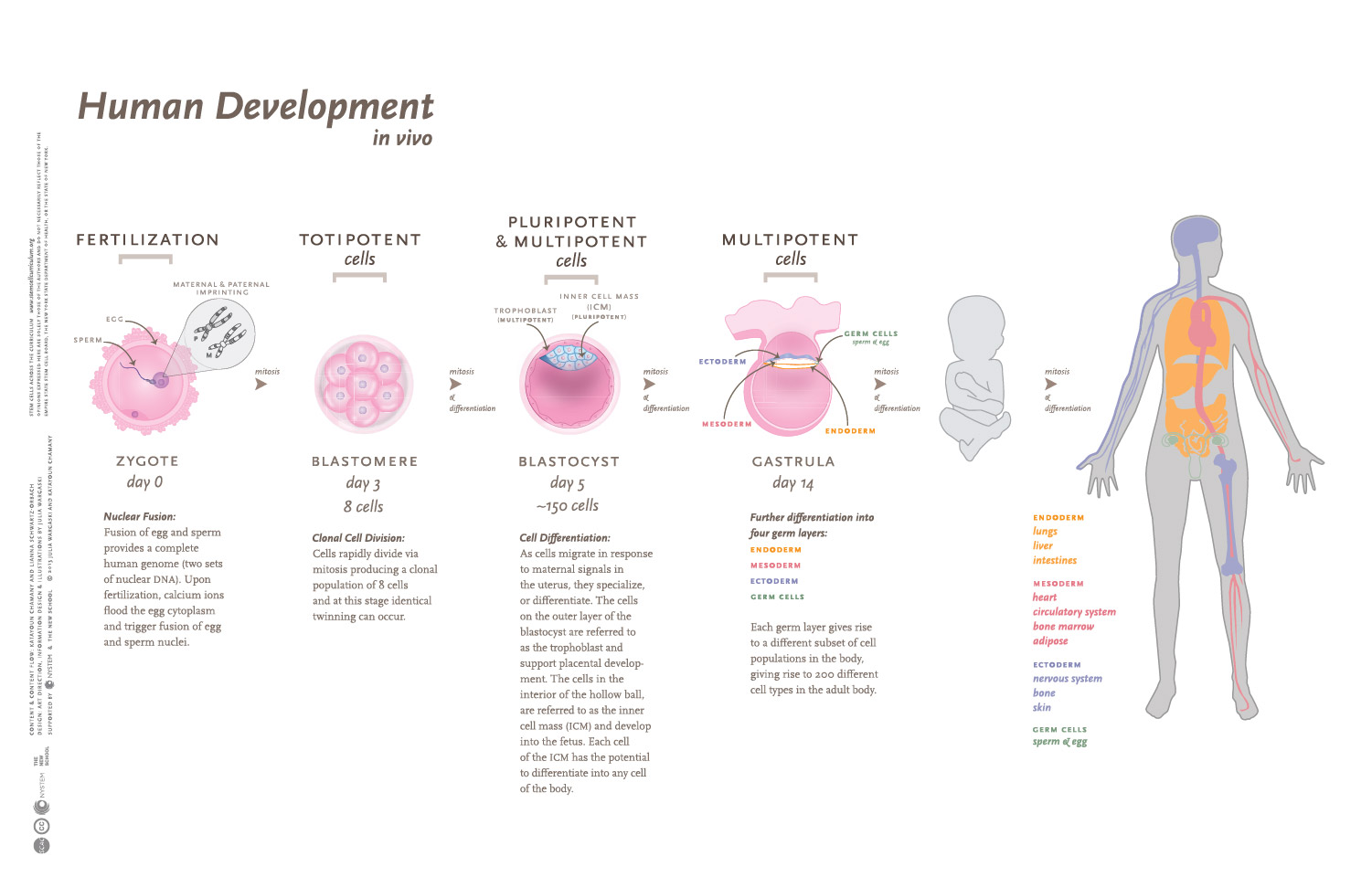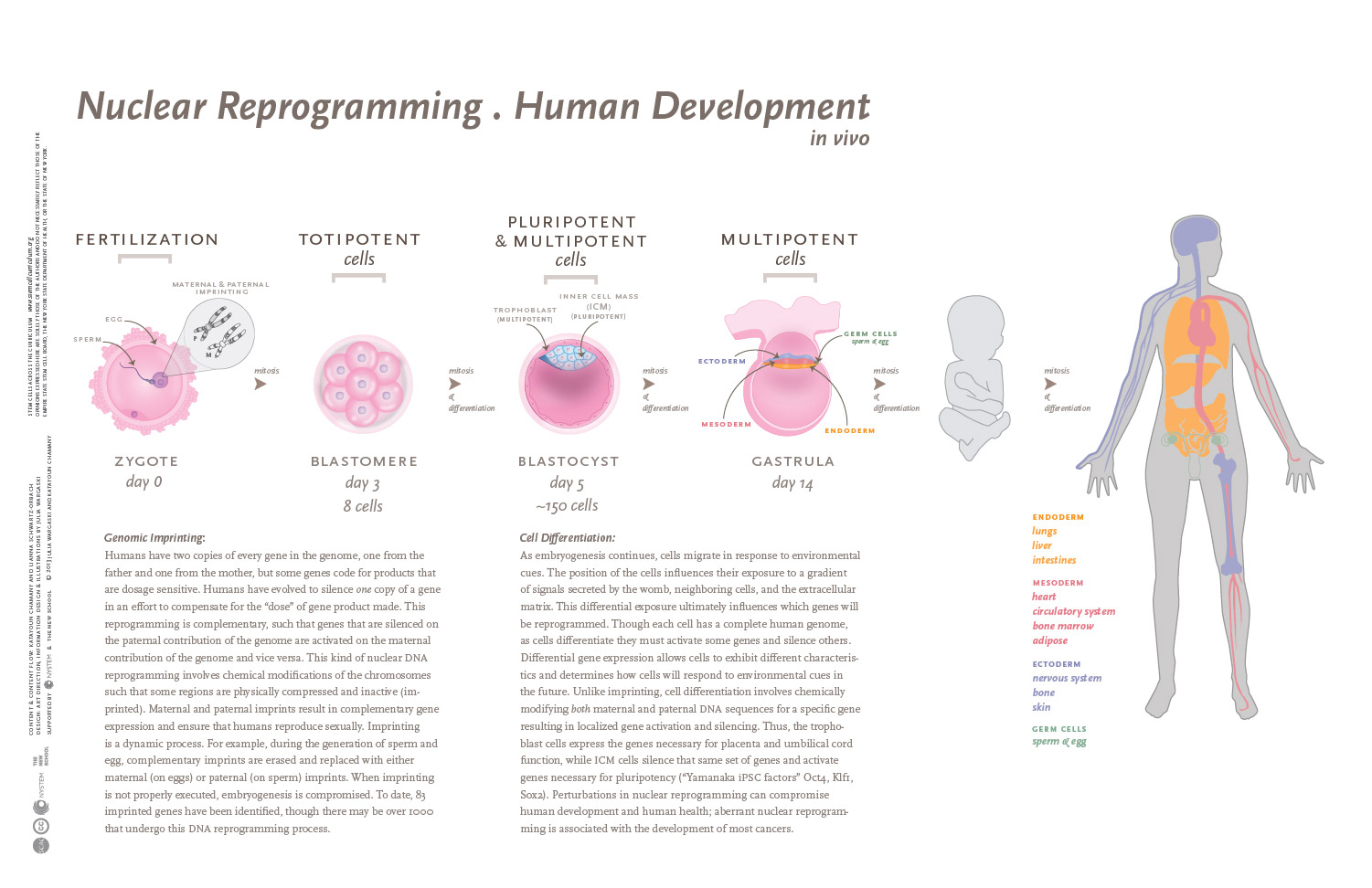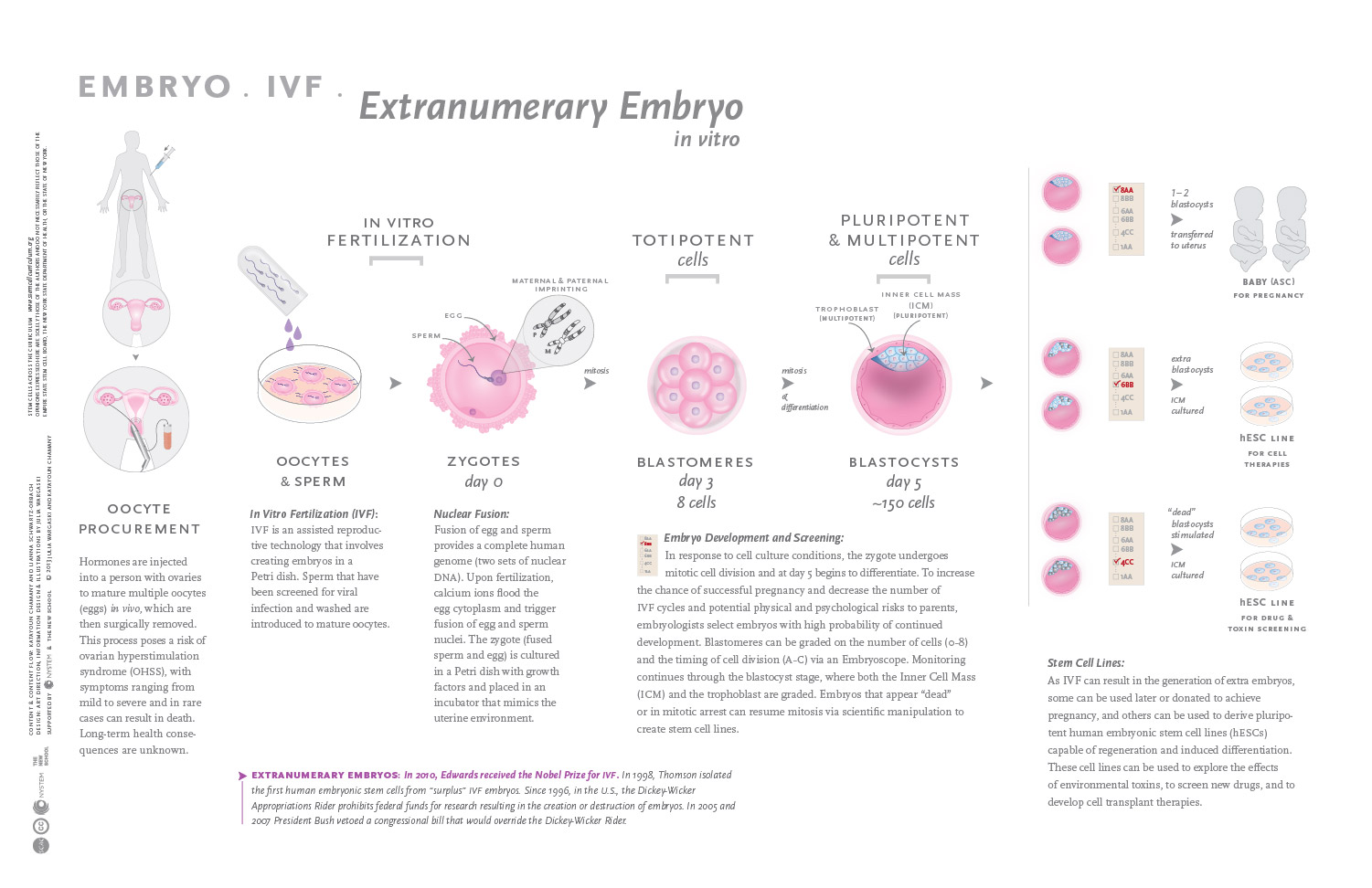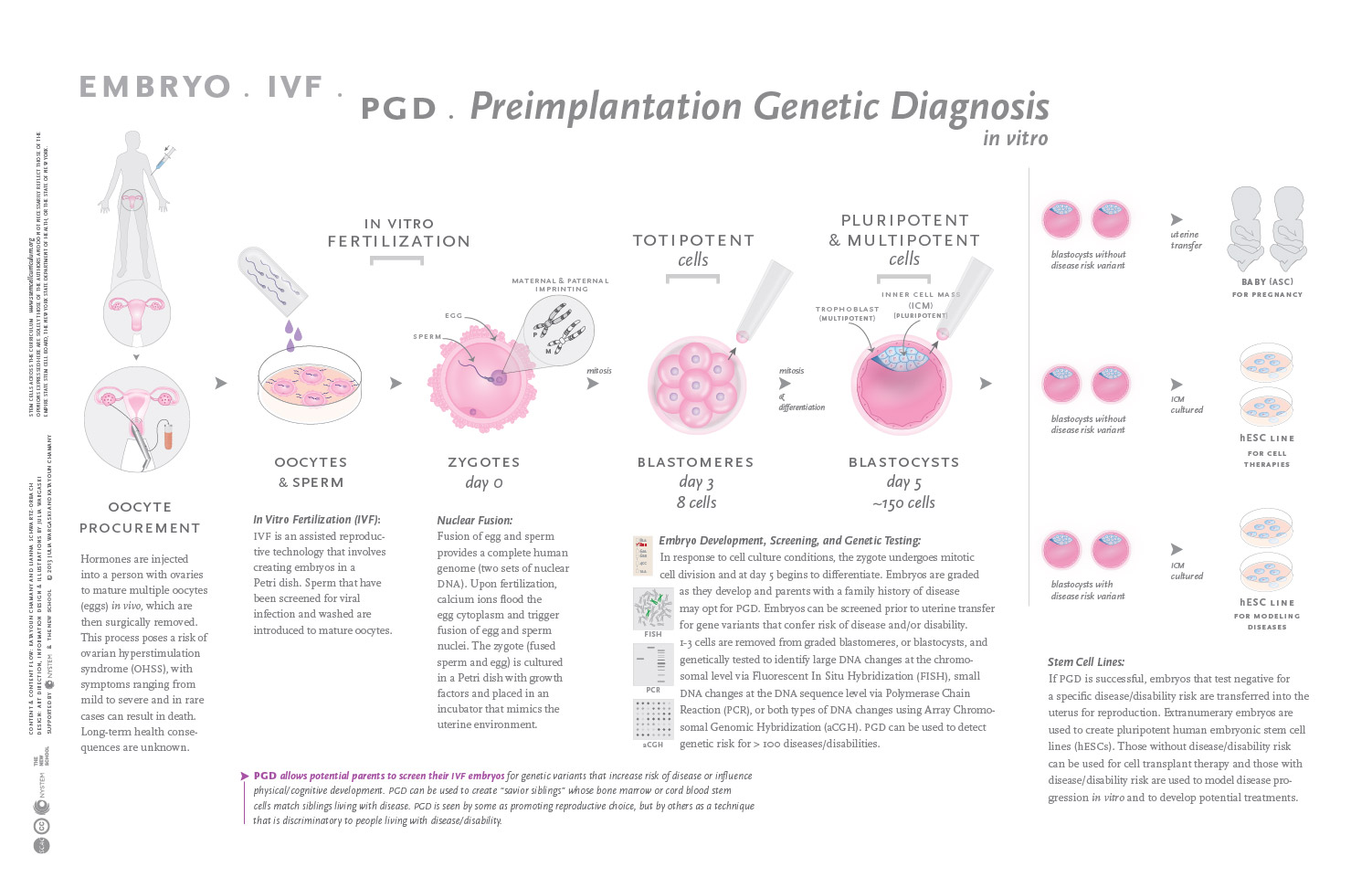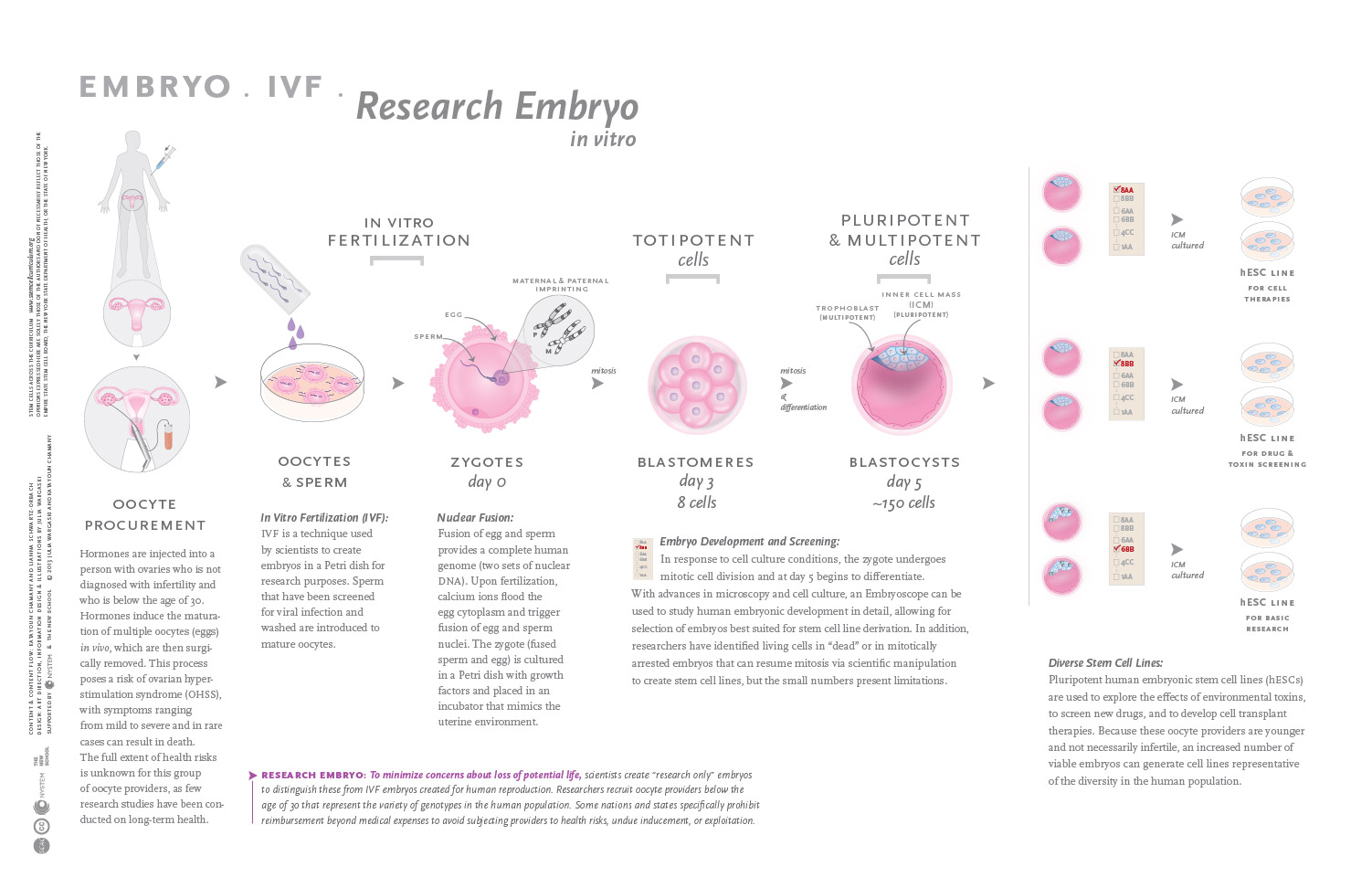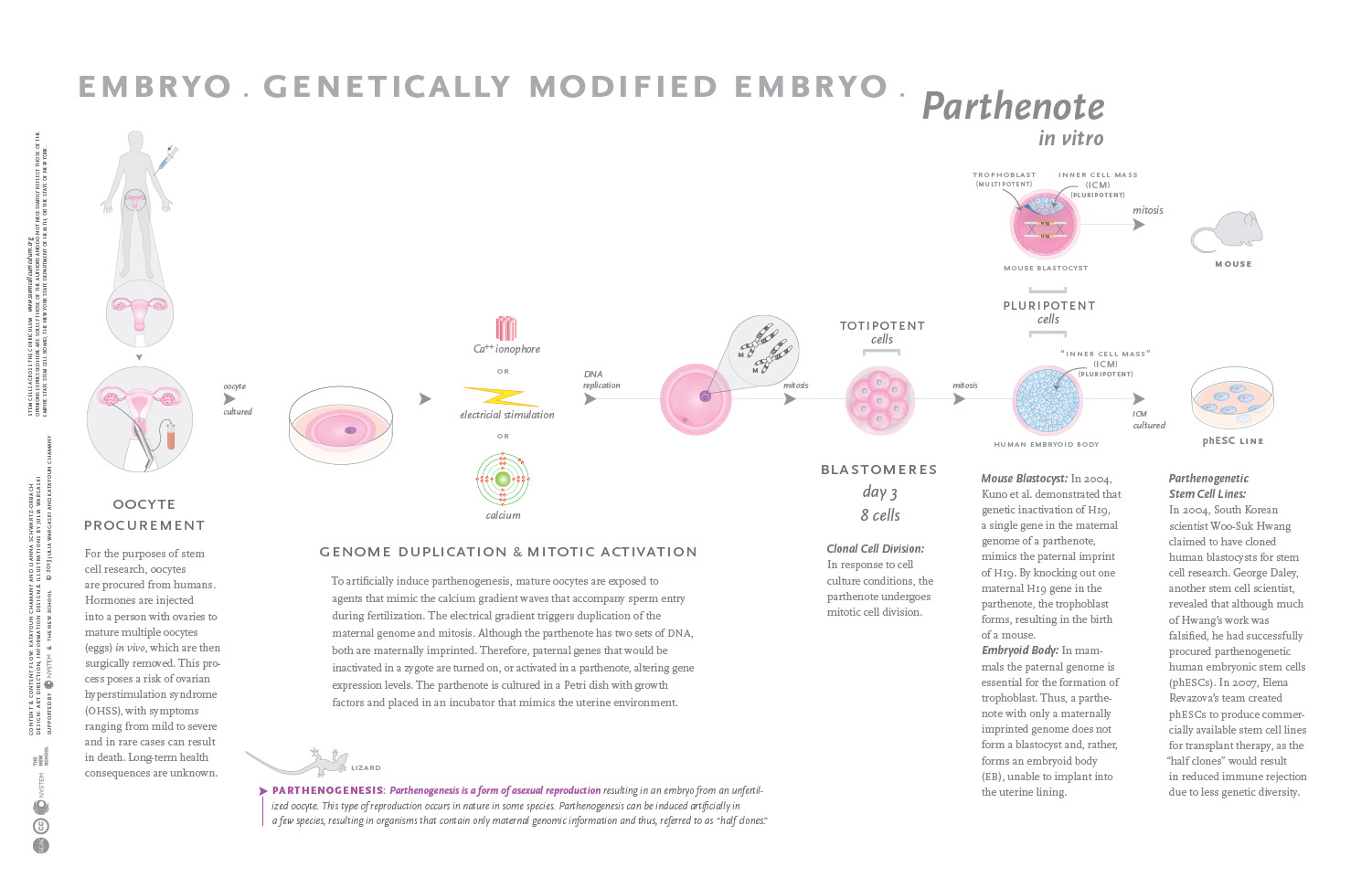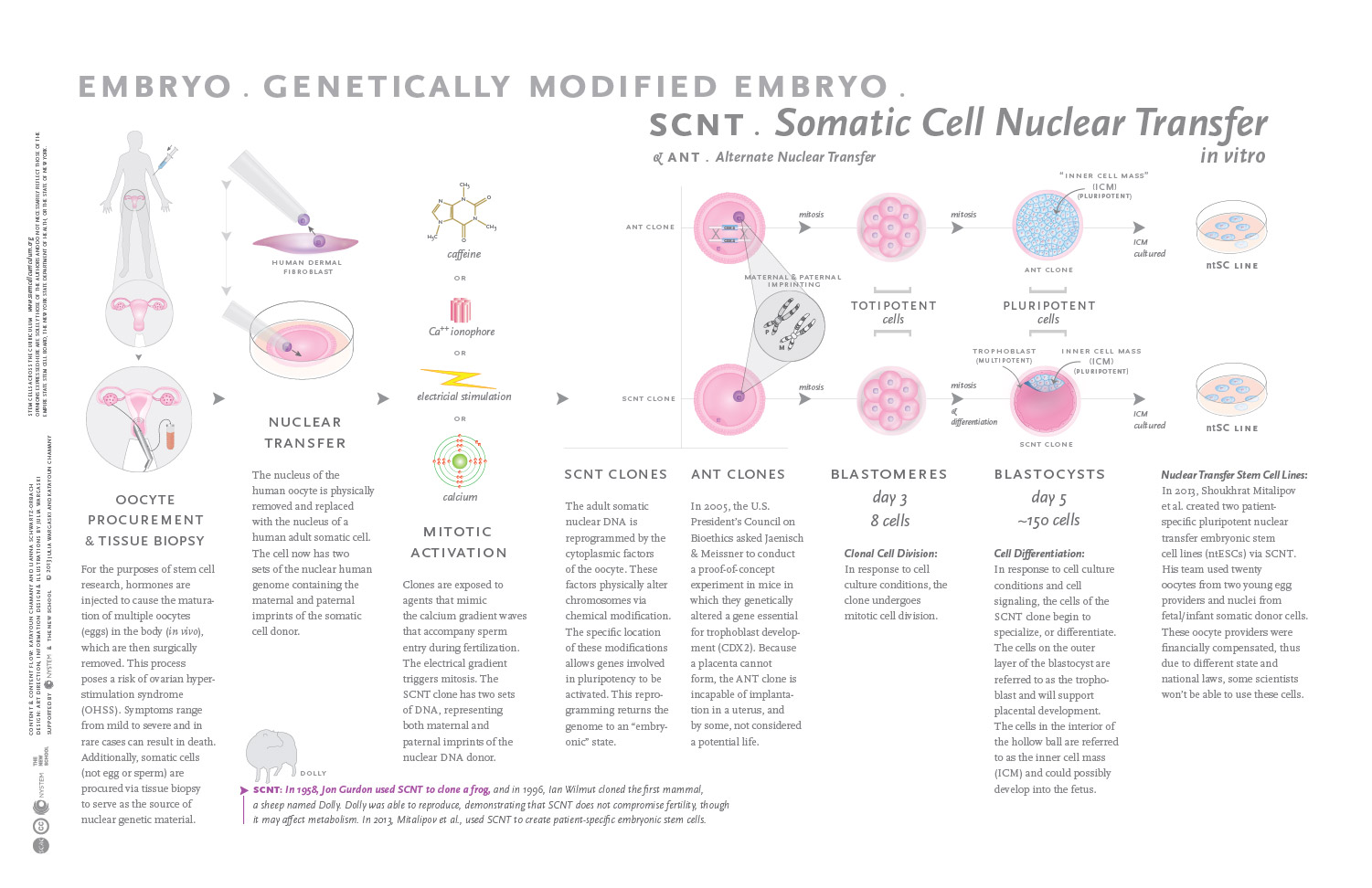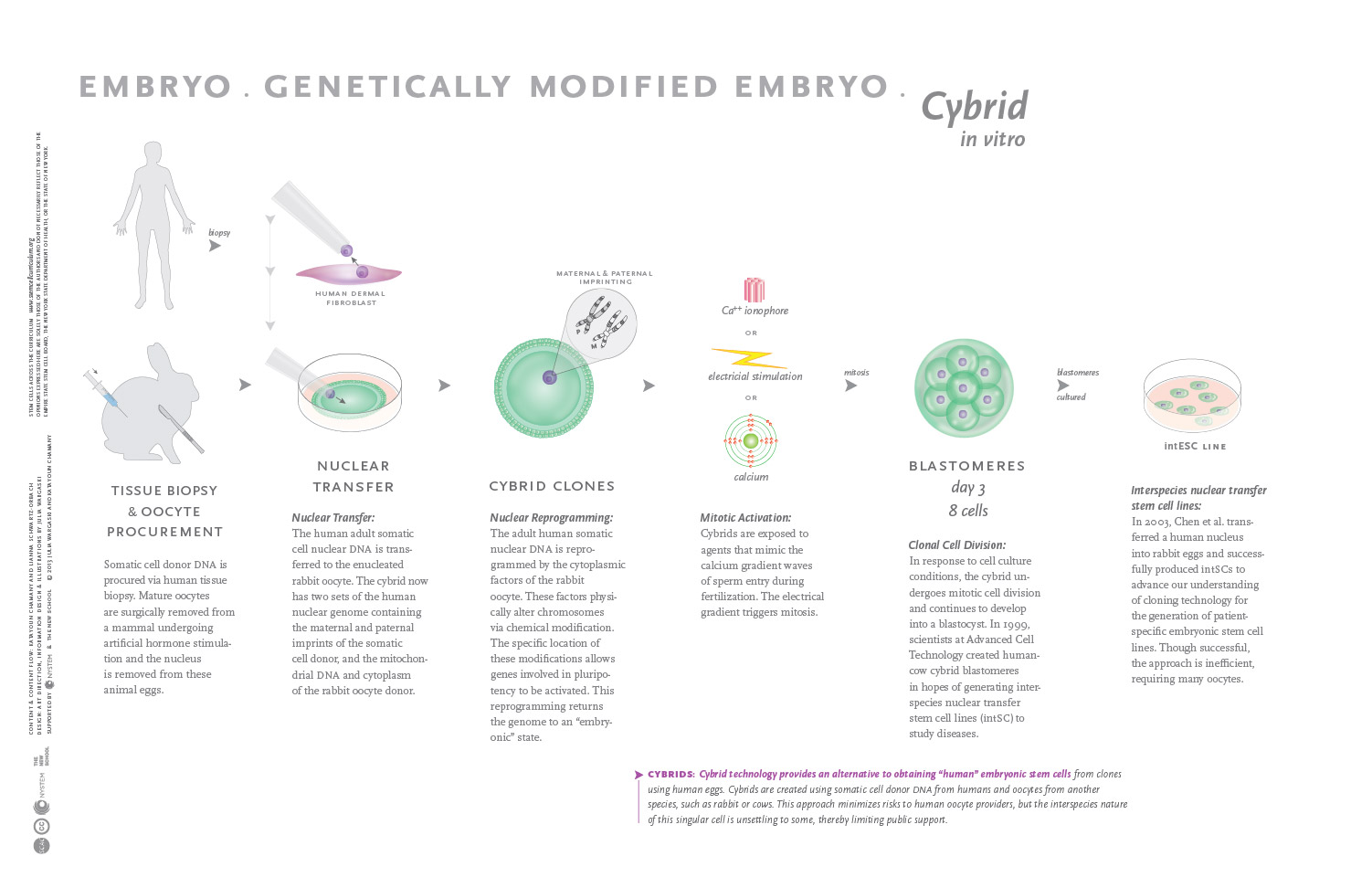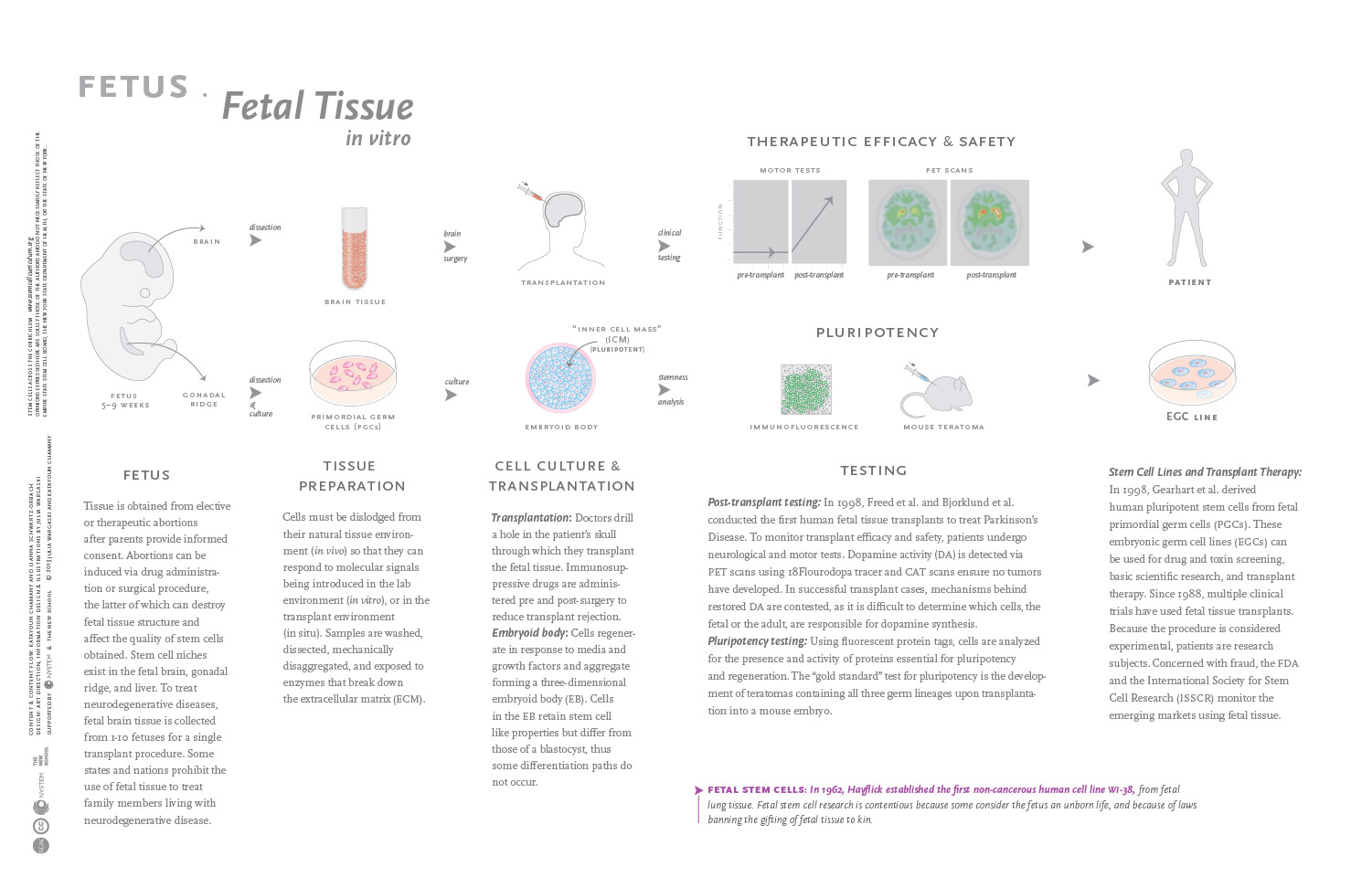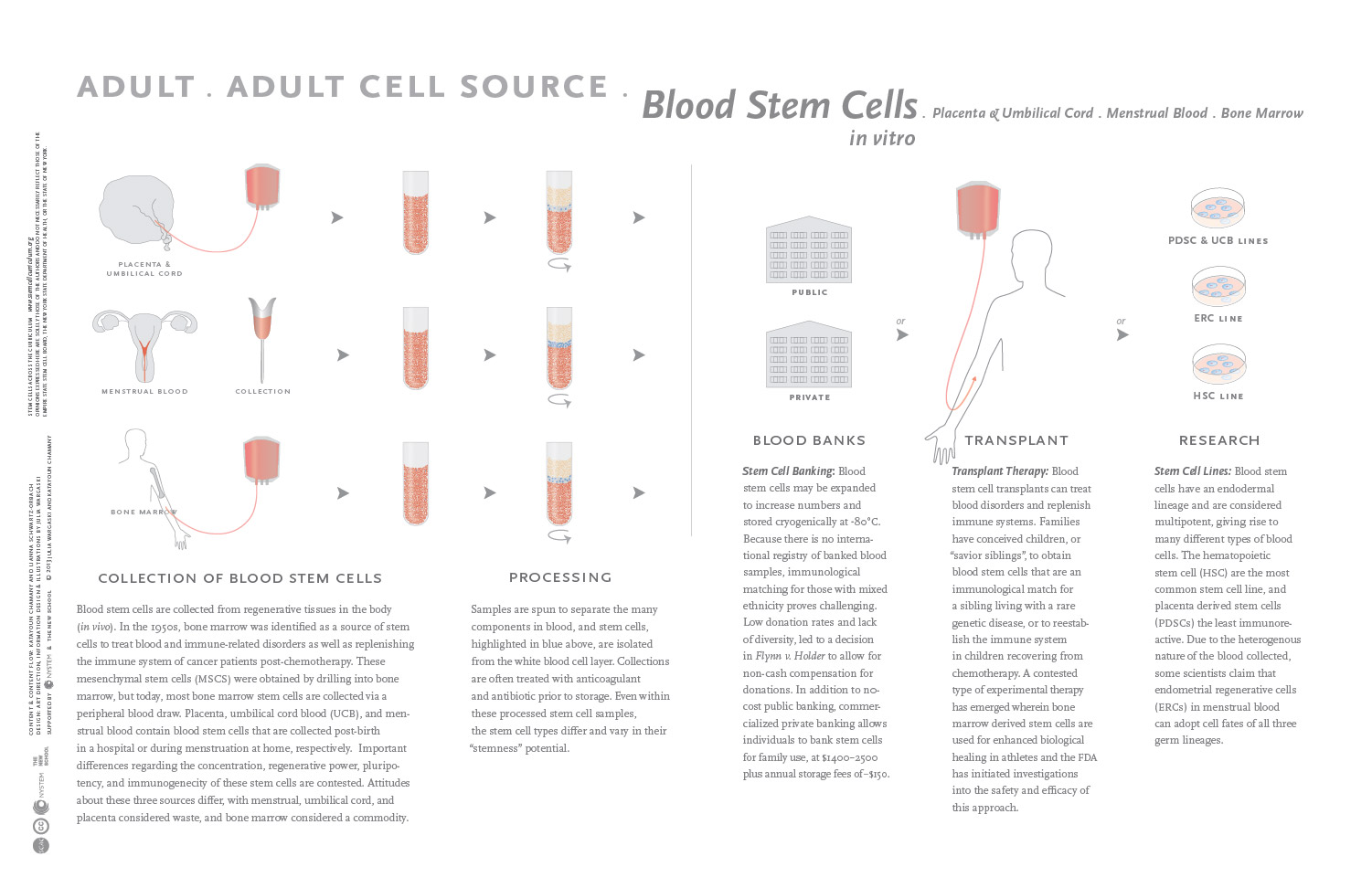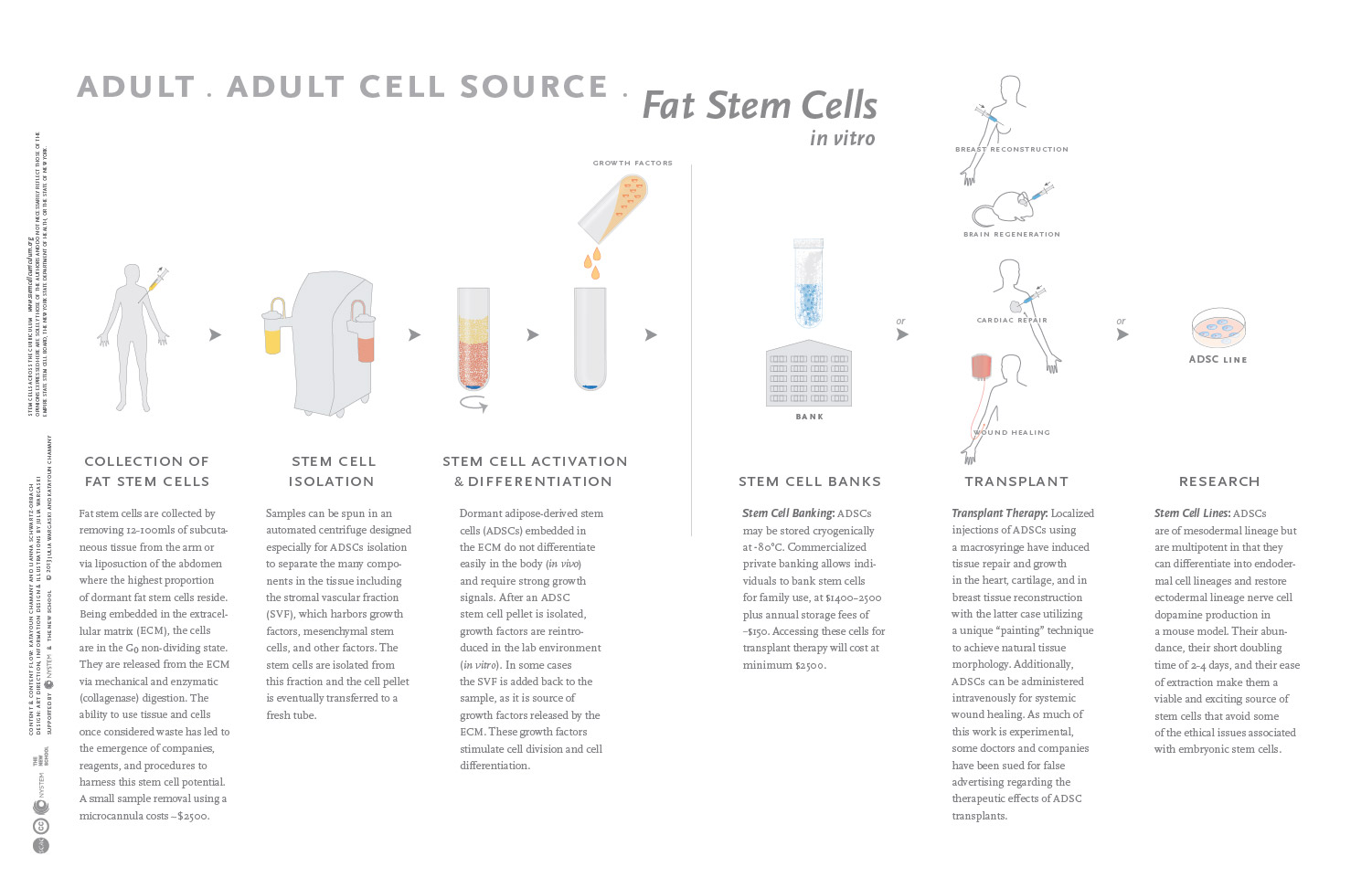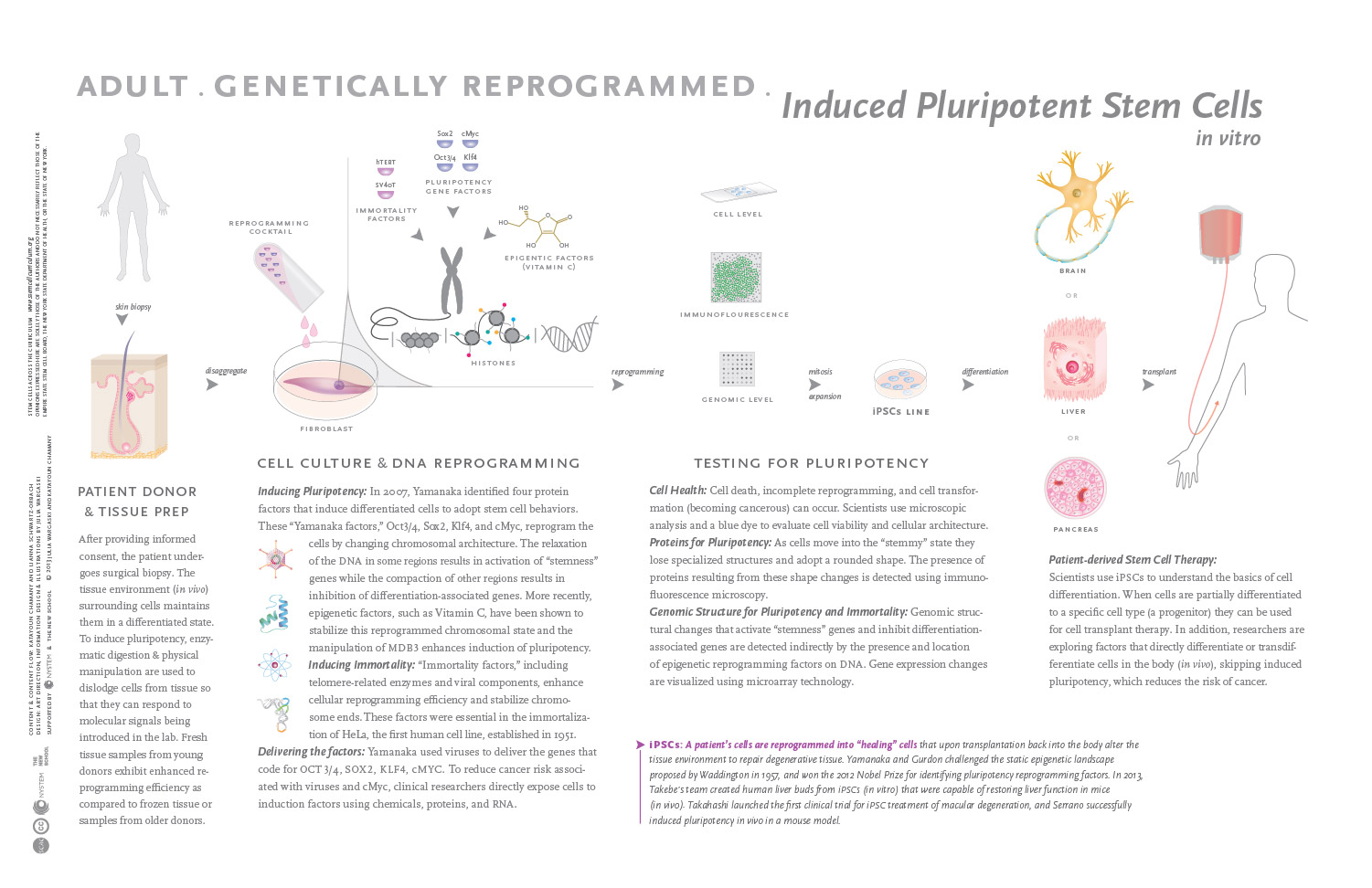Stem Cells & Policy: Values & Religion
Synopsis
This module highlights the important role that cultural and religious systems play in framing the ethical and social questions surrounding stem cell research (SCR) and policy. Because we live in pluralistic societies, policies regarding which sources of stem cells are considered acceptable in promoting the public good are informed by diverse stakeholders with differing value systems. The module uses a 7E- Learning Cycle (elicit, engage, explore, explain, elaborate, evaluate, extend). Learning Activity 1 involves reflecting upon the kinds of language and concepts individuals use when engaging in potentially contentious issues associated with SCR and highlights how assumptions are made about shared definitions and values. Learning Activity 2, emphasizes analytical skills through an exploration of conversations emerging within the secular/religion divide that dominates US policy deliberation regarding cloning research, the creation of animal-human hybrids, and the marketing of bodily goods. After discussing these issues in general terms, Learning Activity 3 turns to their application in the establishment and working of ethics advisory committees at the federal and state levels through an examination of the acts that create these bodies and the sorts of deliberative work that they do. Collectively, the Learning Activities highlight the challenges associated with policy making in pluralistic societies. The module tackles these questions: What kinds of approaches are available in trying to understand religious and cultural pluralism across nations? Do individuals within a given religious or cultural community necessarily share the same attitudes and opinions concerning human embryonic SCR (hESCR)? How are ethics committees established, and who is represented? What is the role of an ethics advisory committee in public debate about critical bioethical issues like hESCR? In the context of biomedical and bioethics standard practice, some claim that hESCR suffers from exceptionalism- what are some arguments that challenge that approach? How can systemic policy changes address concerns regarding community participation and biomedical trust? Please see our Permissions Page if you intend to use this curriculum and should you like to adapt or customize the assignments please email chamanyk@newschool.edu for a Word formatted file.
The Essential Resources, Learning Activities, and Teaching Notes for this module were updated in Aug 2017.
Learning Activities
| Title | Assignments | Teaching Notes | Pedagogy | Duration | Course Type |
| Activity 1 Word Play In A Plural Society |
Download | Download | Discussion | 1 session | Introductory |
| Activity 2 Defining Religion, Cloning, & Dignity/Commodity in Pluralistic Societies |
Download | Download | Guided Reading, Discussion, Films, and/or Essay | 1-5 classes | Intro to Advanced |
| Activity 3 Ethics Committees & ESCROs |
Download | Download | Reading, Analysis, Discussion, and/or Argumentation | 1-5 Classes | Intro to Intermediate |
Essential Resources
Given the breadth of resources regarding the moral, philosophical, and practical issues regarding stem cell research and its related policies and practices, we have collected a short list of essential resources that could be used in a variety of courses and organized by topics allowing brief coverage of the 1) biology of stem cell research, 2) language used to discuss the research and policy, 3) the creation of animal human hybrids, 4) the commodification and destruction of human bodies and tissues, and 5) the organizing bodies and policies that regulate stem cell research at the state, national, and international level.
Timelines
The History of Biomedical Research and The History of Policies Governing Human Tissue is included here given the moral and ethical concerns surrounding the notion of "humanness" and the unique nature of each human, as well as the differential value given to different types of human tissue. The History of Science and Policy of Stem Cell Sources Related to Reproductive Technologies provides a combined view highlighting sixteen important events that reflect the disparate and yet dependent progression of policy, science, and social attitude towards reproductive choice and embryo research. Additional historical timelines are available from the Timelines including those that review policies and laws regarding human subjects research, oocyte provision, stem cell research, and disability rights. Additional timelines and information are available from charts included in the Synopsis of Embryo Politics: Ethics and Policy in Atlantic Democracies available below Discussion Questions area on this Module's home page.
Infographics
Because there are many ways to learn and increasing amounts of content to master, infographics allow large amounts of content and data to emerge from the page in ways that help the learner organize and retrieve information as needed. As stem cell research policy raises issues that go beyond the moral status of the embryo, all possible sources of human stem cells are highlighted in the Sources of Stem Cells Radial Infographic shown here to illustrate the ways in which advances in stem cell research introduce an equally challenging set of ethical issues. These include: 1)the moment at which human life begins; 2) the exploitation of vulnerable populations as research subjects and sources of bodily goods; 3) the health risks associated with participation in research and therapy; 4) the selection of embryos with specific traits using PGD and IVF; 5) the formation of animal-human chimeras and cybrids in the development of new cloning techniques; 6) the use of fetal brain tissue to treat neurodegenerative disorders; and 7) the creation of embryos from adult stem cells when sperm and egg are derived from adult . There are also philosophical issues related to the ontology of human cells removed from the body living in culture dish or mixed with animal cells, or other human cells and thus, we have highlighted the HeLa Module as well. In addition, there are Zoomgraphics which serve as mini-encylopedic digests providing more detail on each source.
Slide Sets
Supplemental Material
| Module Discussion Questions | Download |
| Synopsis of Banchoff, Thomas F. Embryo Politics: Ethics and Policy in Atlantic Democracies. Ithaca: Cornell UP, 2011. | Download |
Primer
The history of human embryonic stem cell research in the U.S. presents numerous instances of the potential for conflict between the demands of religious duty, professional integrity, and public life. One example is the interpretation of the Dickey-Wicker Appropriations Rider, which prohibits appropriation of federal funds for the creation and/or destruction of embryos for research purposes. Because there are no laws regarding the use of surplus or “dead” embryos generated via in vitro fertilization (IVF), each presidential administration has been able to interpret that rider based on their personal values and those of their party constituents. This essay reviews the ways in which assumptions about shared values and definitions create challenges in the context of social policy making. By adopting a "lived religion" approach that integrates Clifford Geertz's definition of religion alongside the notion of a pluralism within what is sometimes assumed to be a monolithic group learners Pettinger presents a new way forward. A versatile set of questions is presented as a working heuristic ( Three Question Heuristic) to approach the reports, news, testimonies, and scholarly works regarding both the religious and the non-religious discussions of human embryonic stem cell research.
Pettinger, M. 2013. Defining Religion and Non-Religion in a Plural Society. Stem Cells Across the Curriculum.

